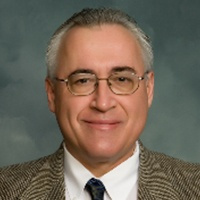Winona Lake DUI-DWI Lawyer, Indiana
Michael Richard McEntee
✓ VERIFIEDAccident & Injury, Workers' Compensation, Divorce & Family Law, DUI-DWI, Wills & Probate
General Practice and Workers Compensation since 1977
My name is Mike McEntee and I have been practicing law in Fort Wayne for over thirty years. I was born and raised here and my three children all went ... (more)
Bart Arnold
Criminal, DUI-DWI, Juvenile Law, Personal Injury
Status: In Good Standing Licensed: 27 Years
FREE CONSULTATION
CONTACTChelsey Newberry Sarason
Collection, Household Mold, Identity Theft, DUI-DWI
Status: In Good Standing
David L. Joley
Criminal, DUI-DWI, Misdemeanor, Traffic, Motor Vehicle
Status: In Good Standing Licensed: 19 Years
FREE CONSULTATION
CONTACTDavid William Newman
Criminal, DUI-DWI, Misdemeanor, Bankruptcy
Status: In Good Standing Licensed: 24 Years


